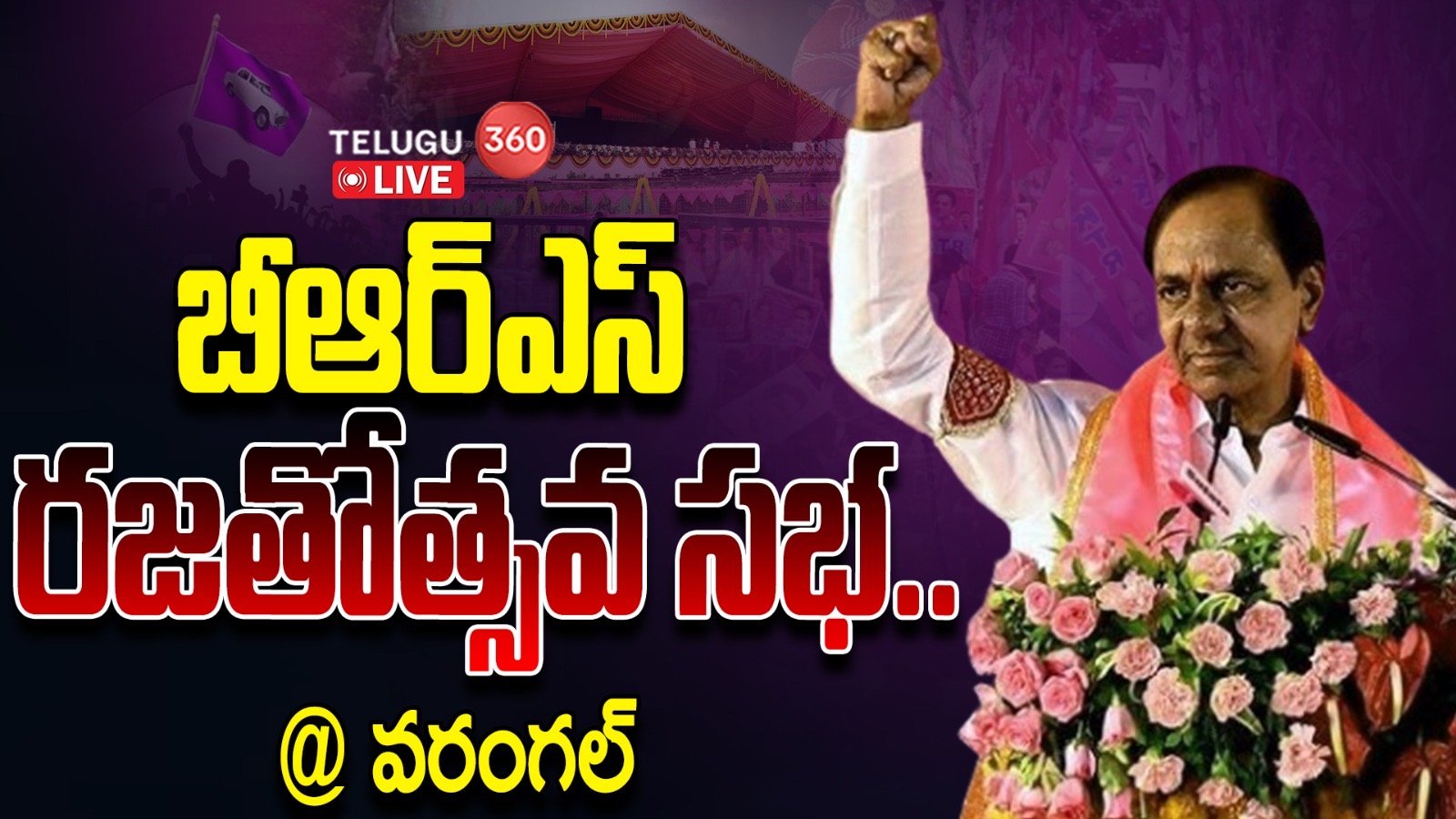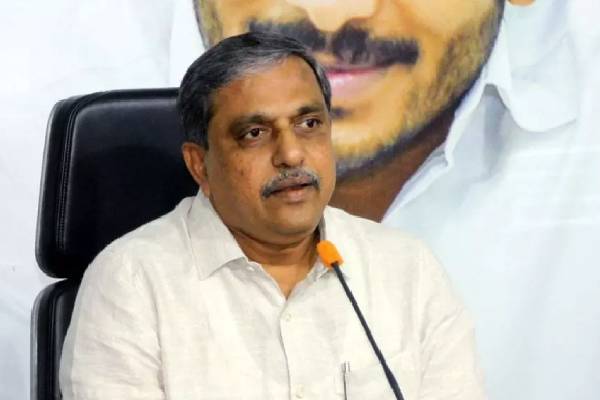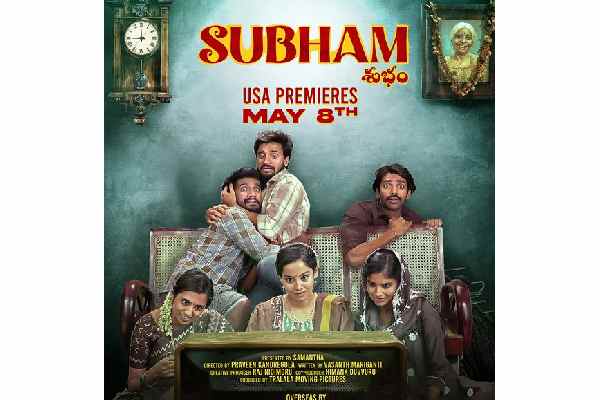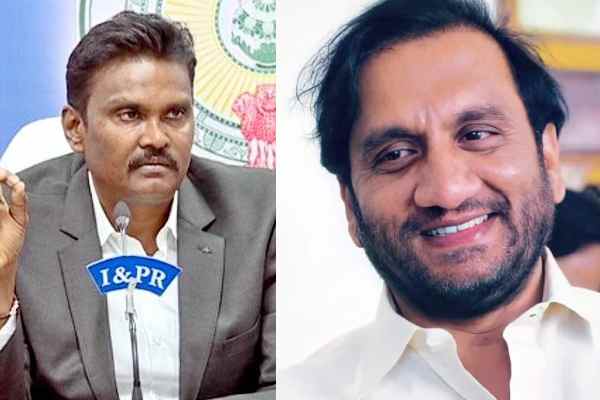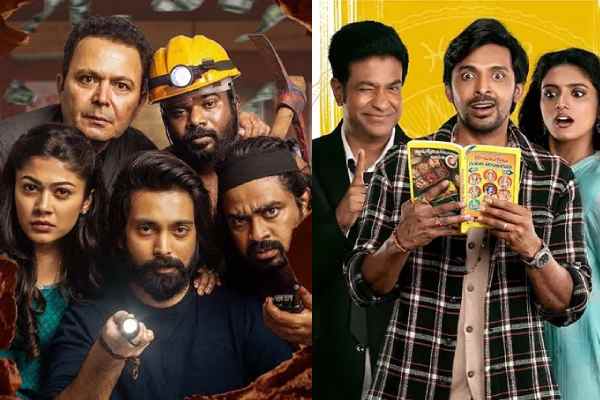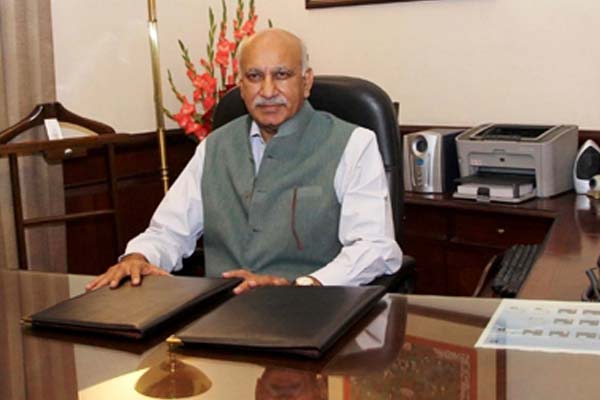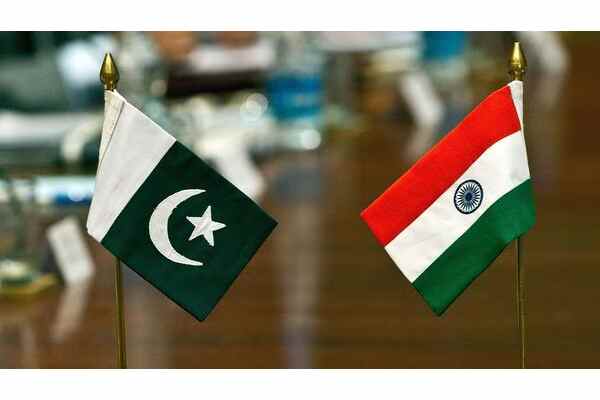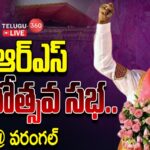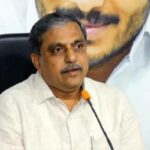Journalist-turned-Congress MP-turned-journalist-turned-BJP Minister, Mobasshar Javed Akbar, famous as MJ Akbar, has beaten hardcore politicians and emerged as the richest among the 19 newly-inducted in Narendra Modi cabinet!
While the average asset of the newly-inducted ministers is Rs.8.73 crore, taking the average asset of the entire council of ministers to Rs. 12.94 crore, a Rajya Sabha member from Madhya Pradesh, Akbar declared the highest total assets of Rs. 44.90 crore, according to a Delhi-based think-tank Association for Democratic Reforms (ADR). He is followed by P P Choudhary (Rs. 35.35 crore) and Vijay Goel (Rs. 29.97 crore), both Rajya Sabha members from Rajasthan.
65-year-old eminent editor and author of several distinguished books on contemporary India, took oath as the Minister of State for External Affairs on July 5, 2016. Akbar was the Editorial Director of India Today and Headlines Today, as well as Editor-in-Chief of The Sunday Guardian. He had launched India’s first weekly political news magazine, Sunday in 1976, and two daily newspapers, The Telegraph and The Asian Age in 1989 and 1994. He also worked as the Editor-in-Chief of the Hyderabad-based Deccan Chronicle and ran operations through his trusted editor A.Jayanti till he was reportedly ousted in 2008.
Akbar first served as an elected Member of Parliament from the Congress from Kishanganj in Bihar between 1989 and 1991, and returned to journalism where he fired all cylinders against the same party. In this process, Akbar became close to Narendra Modi, whom he had ripped apart in the previous avatar. In March 2014, he joined the BJP and was appointed a National Spokesperson during the general elections.
Though Akbar’s meteoric rise in journalism is attributed to his scholarly capabilities and acumen, his switching between journalism and politics raised a debate over professional ethics. A senior Executive Editor of ND-TV India, Ravish Kumar, dashed off a hard-hitting open letter to Akbar for his somersaults.
Ravish says: “We journalists should be very happy that you first became a spokesperson for the Bharatiya Janata Party and then a parliamentarian and now a minister. You fought an election on a Congress ticket. Then you came back to become an editor. Then you again went from an editor to a spokesperson and then a minister. Perhaps I will never know what you thought about journalists becoming netas and the work ethics that come into play with play with that.
Did you ever pass through a crisis of conscience? Even though there are no Gods in journalism, during these times, did you ever fear God?”





















